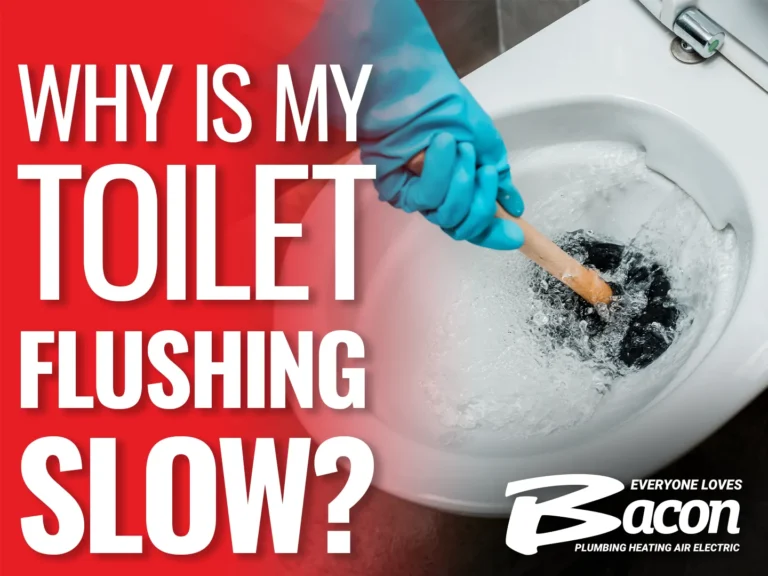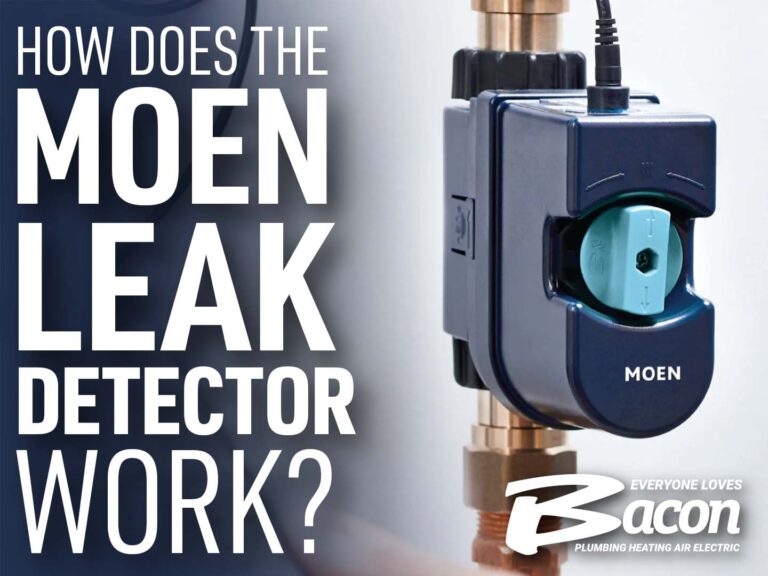Updated: April 2024
Gas is an essential but potentially dangerous resource. Gas leaks can happen in various settings, from homes to commercial and industrial environments, with outcomes ranging from minor inconveniences to severe hazards like explosions. It’s important to have a good understanding of this topic. In this article, we’ll delve into the causes of gas leaks and explore preventive measures to ensure safety and avert potential disasters.
Causes of Gas Leaks
Let us explore some of the major causes of gas leaks.
Connection and Fitting Errors
The pipes, valves, and meters that safely move gas from the main supply line to each gas-powered appliance are known as fittings. Connections, as their name suggests, serve as the connection points between the appliance and its fittings. A high level of skill is required to facilitate long-lasting, dependable fitting and connection installations. This area is the focus of an entire branch of plumbing. Therefore, you need to work with a professional with the education and experience needed to complete the task correctly to avoid having a poor installation that can eventually result in a leak.
Poor Maintenance of Appliances
Gas-powered appliances are frequently in use today. Regular use of an appliance such as a water heater can eventually cause wear-and-tear-related problems, resulting in leaks. Fortunately, by giving your appliances regular maintenance, you can minimize the effects of wear and tear. However, if you neglect routine maintenance, you increase the likelihood of a leak due to a possible malfunction. The type of appliance and frequency of use are two important factors determining an appropriate maintenance schedule.
Defective Appliances
A well-built, well-maintained gas appliance should typically last many years before experiencing significant issues. However, there are cases where a relatively new appliance may have defects. A leak may eventually occur if the malfunction affects the regular flow or combustion of the natural gas fuel.
Use of Low-Quality Material
Gas pipes made with low-quality material are more likely to leak gas. This is because they cannot endure the pressures they may face. Therefore, it is imperative to enforce strict quality control measures and to only employ high-quality materials in manufacturing all gas infrastructures.
Extreme Pressure Variations
Systems for distributing gas maintain precise pressure levels to guarantee effective delivery. Gas leaks, however, can occur from abrupt pressure changes, which are frequently caused by malfunctioning valves or system overloads, especially in commercial settings. Pipeline joints may become weak or burst as a result of these variations. This risk can be reduced by routine pressure level monitoring and maintenance.
Corrosion
In heavily loaded systems, corrosion is one silent but powerful reason for gas leaks. Pipes are susceptible to corrosion over time due to chemicals and moisture exposure. As a result, a gas leak can eventually happen. Corrosion-resistant materials and coatings can be used to mitigate this problem.
Preventive Measures to Avoid Gas Leaks
It takes caution, routine maintenance, and implementation of safety precautions to prevent gas leaks. The following are some effective and viable methods to guarantee the security of your space.
Hire Professionals for Installation and Repairs
A well-executed installation by a well-versed, certified professional in the gas field is the first preventive measure you can take. When you rely on this expertise, the likelihood of experiencing issues resulting from improperly installed fixtures and connections is significantly reduced. Additionally, it increases the likelihood that your appliances will function at maximum efficiency and give you the best user experience.
Schedule Regular Appliance Maintenance
Maintenance of gas appliances should be done regularly to prevent leaks. Ensure qualified experts have inspected all of the gas-powered appliances in your space. Frequent inspections can help identify wear and tear, broken components, and possible points for gas leaks, enabling prompt repairs.
Undertake Regular Inspections Yourself
When it comes to safety, you cannot afford to be oblivious. You don’t need to wait until the next scheduled maintenance appointment, especially if you notice that something needs to be fixed. Check your gas lines regularly, paying extra attention to those in hidden areas. Watch out for physical damage, leaks, and corrosion. If you notice anything abnormal, contact a professional instantly.
Install Carbon Monoxide Detectors
One by-product of incomplete natural gas combustion is carbon monoxide, which has the potential to be very harmful, even deadly. Installing carbon monoxide detectors is a good way to monitor the air quality inside your house and identify possible leaks despite there being more effective methods such as using natural gas leak detectors.
Install Natural Gas Leak Detectors
Although burning natural gas can produce carbon monoxide, natural gas leaks cannot be detected with a single carbon monoxide detector. A natural gas detector is the best option if you are looking for a tool to instantly and effectively alert you of natural gas leaks.
Ensure Sufficient Ventilation
Gas appliances require adequate ventilation. Ensure that vents, chimneys, and exhaust fans are clean and clear of obstructions. To facilitate full combustion, keep the airflow surrounding gas appliances clear of obstructions.
Educate the Occupants in Your Space
Ensure that everyone understands the possible risks associated with gas leaks and knows what to do if a leak is suspected. Teach them to identify the smell of natural gas, commonly characterized as having a rotten egg or sulfurous smell. Tell them to leave the area immediately and not to turn on or off any electrical appliances as this could cause sparks. Also, make sure they understand how to get in touch with emergency services.
Importance of Taking Appropriate Measures to Prevent Gas Leaks
You have to play your part in ensuring that gas leaks do not occur in your space. Here are some reasons why.
Safety
Ensuring your safety and that of those around you is the most important reason to prevent gas leaks. Because natural gas is highly flammable, leaks into enclosed spaces can result in fires or explosions. Inhaling natural gas can also cause symptoms such as headaches, nausea, dizziness, and, in severe situations, asphyxiation.
Saves Money
Energy is wasted when gas leaks, which raises utility costs. Timely detection and rectification of gas leaks can prevent costly emergency repairs, property damage, and danger to occupants.
Environmental Impact
Methane is a strong greenhouse gas that makes up most of natural gas. When natural gas leaks into the atmosphere, it aggravates climate change by adding to greenhouse gas emissions. By preventing gas leaks, you contribute to lessening the harm done to the environment.
Health Concerns
When natural gas is not entirely burned, leaks may cause health problems. Carbon monoxide is a colorless, odorless gas produced when combustion is incomplete. As previously mentioned, this gas can be fatal if inhaled. Preventing gas leaks reduces the amount of carbon monoxide produced and the health hazards that come with it.
Preventing Gas Leaks for Safety
Our knowledgeable and trained team at Bacon Plumbing Heating Air Electric provides exceptional HVAC, electrical, and plumbing services. We strive to exceed your expectations and ensure you obtain the best customer experience while meeting your personalized needs. We also undertake regular maintenance of your installations and repairs to ensure your investment is secure. We serve Rockwall, TX, and surrounding areas, so contact us now!



